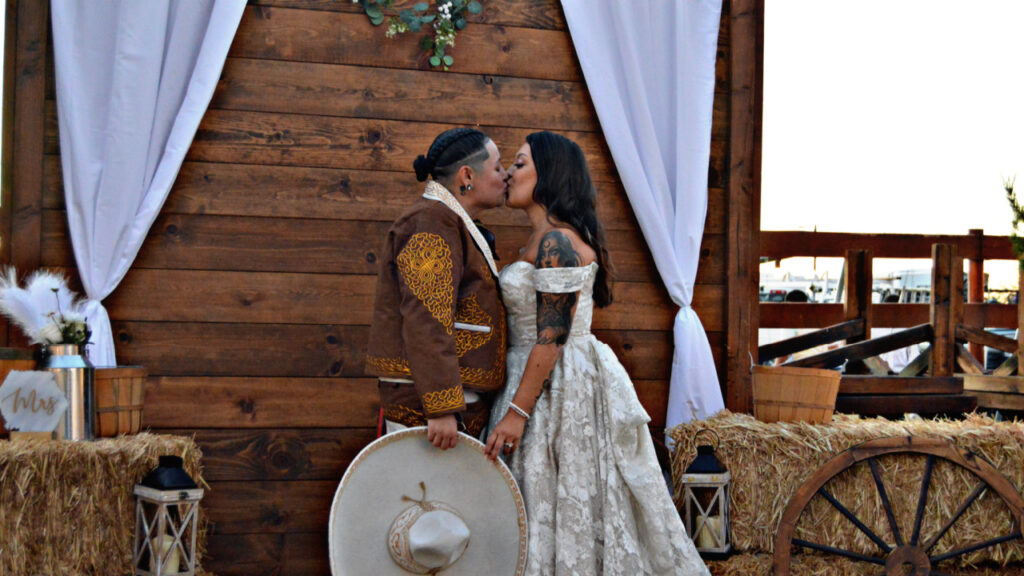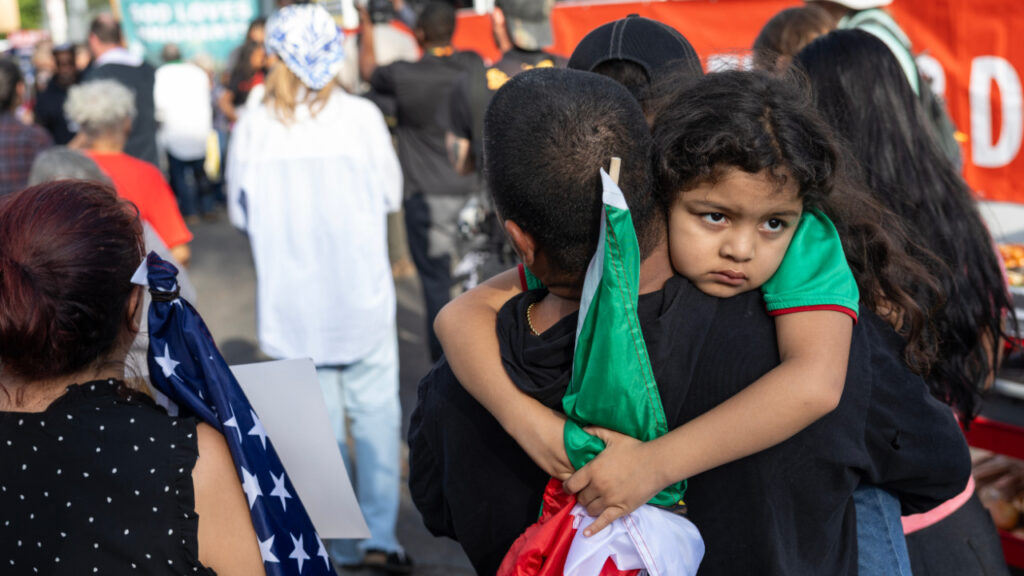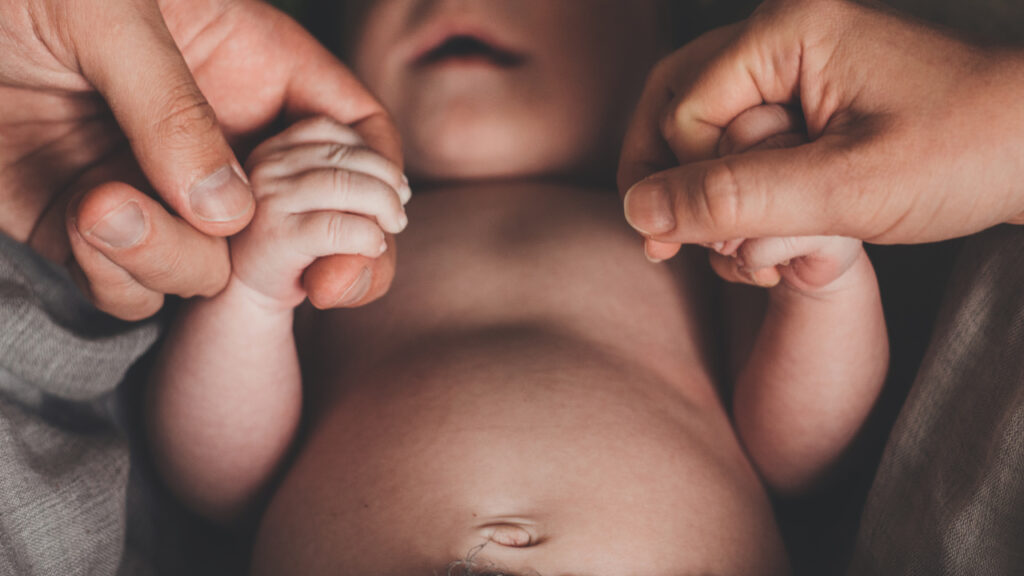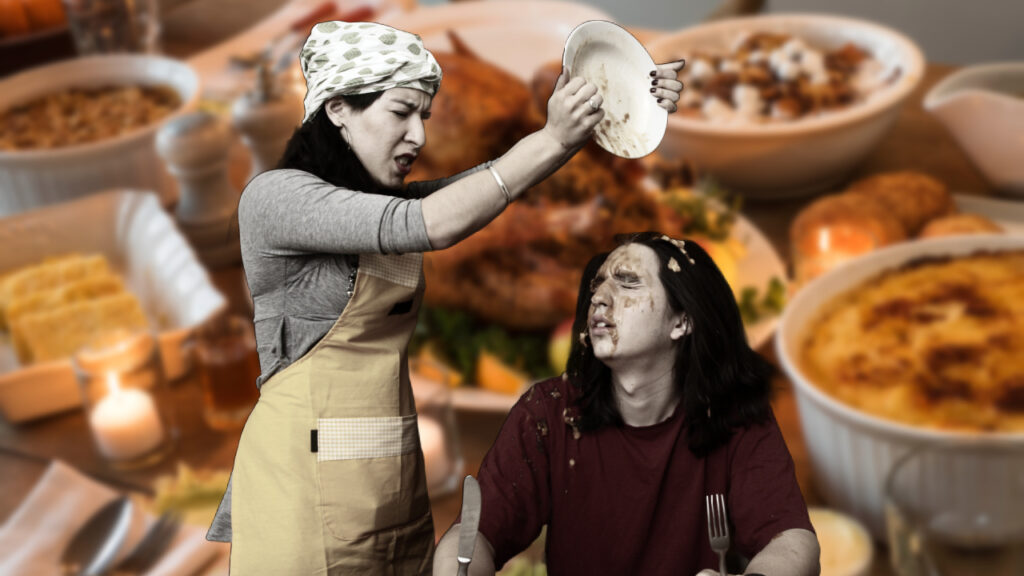
Eva Mendes Admits to Yelling at Her Kids: ‘I’m Shocked at How Much I’m Like My Mother’
More often than not, Latinas grow up with an ambivalent relationship with our mothers. Eva Mendes is no exception. The superstar, like many of us, grew up admiring her mother but was convinced she didn’t want to be like her. Now, as a mother to two daughters, Esmeralda and Amada, she’s realized how difficult it is to break the cycles we’re raised with.
During a candid interview on Parenting & You With Dr. Shefali, Mendes opened up about her struggles with parenting, sharing that one of the hardest things she’s trying to stop is yelling at her kids. “I don’t yell in a harsh way, like telling them to ‘shut up,’ but it’s still yelling,” Mendes explained. “It’s not about being mean, but it’s the yelling itself that feels cultural to me.”
Motherhood Isn’t Easy for Latinas
For many Latinas, motherhood is a balancing act between honoring the sacrifices our mothers made and trying to avoid repeating their mistakes. In fact, recent studies show how cultural expectations often leave Latina mothers feeling unsupported, overworked, and underappreciated. Mendes touched on this, too, reflecting on how the habits she grew up with still affect her today.
“My mother was definitely […] so loving, and so amazing,” she shared. “But [she raised us] by fear.”
“I really don’t want to raise my kids with fear,” she said, visibly emotional. “I hope I don’t look back in 20 years and regret it because it’s so unfair to them.” Her words hit home for many of us who find ourselves navigating motherhood while carrying the weight of our upbringing.
Eva Mendes on Becoming Her Mother Despite Her Best Efforts
Mendes reflected on her own childhood, growing up as the daughter of Cuban immigrants. While she was surrounded by love, there was also chaos and yelling. “In my 20s, I was determined not to be like my parents,” she admitted. “But now, I’m shocked at how much I’m like my mother. I adore her, but my childhood was full of anxiety and turmoil, even though my family was loving.”
It’s a sentiment so many of us share. No matter how hard we try to carve out a different path, we often end up sounding, acting, and even parenting like our mothers. Mendes’s honesty about this struggle resonates deeply, especially within the Latina community, where we are raised with strong familial ties that can be hard to untangle.
Generational Trauma and Guilt
Eva Mendes also opened up about the burden of generational trauma. She shared that her mother’s difficult upbringing in Cuba left a deep impression on her. “I think about how good I have it compared to what my mom went through, and it makes me feel ashamed.”
This type of guilt isn’t uncommon for Latinas, especially those of us who grew up in the U.S. while our families made sacrifices just to get us here. As Mendes pointed out, it’s hard to complain when you know your parents survived worse.
Why Stepping Back from Hollywood Was the Best Choice
At 50, Mendes has no regrets about stepping away from the spotlight to focus on her family. As she previously shared, the decision to become a mother later in life has given her a different perspective on parenting. “In my 20s, I wasn’t ready. I was too wild and immature. Now, I’m in a much better place to raise kids,” she shared.
Eva has been open about the challenges of raising children, especially while balancing her own mental health. She has discussed the anxiety she experienced after giving birth and her discovery of the term matrescence, which describes the process of becoming a mother. “Why don’t we know this word in society, and why don’t we talk about this?” she asked, highlighting how undervalued the role of motherhood is in society.
“Why Do We Value a Famous Actor More Than a Mother?”
Mendes didn’t hold back when discussing how undervalued motherhood is. “Why do we value a famous actor more than we would value a mother?” she asked. It’s a question many of us ask ourselves as we juggle the emotional and mental labor of raising the next generation, often at the expense of our own well-being.
Eva Mendes’s reflections are a reminder of how complex motherhood is, especially for Latinas who carry the weight of cultural expectations and generational trauma. Despite our best intentions to be different from our mothers, sometimes the hardest thing to face is how much we’ve become them.




